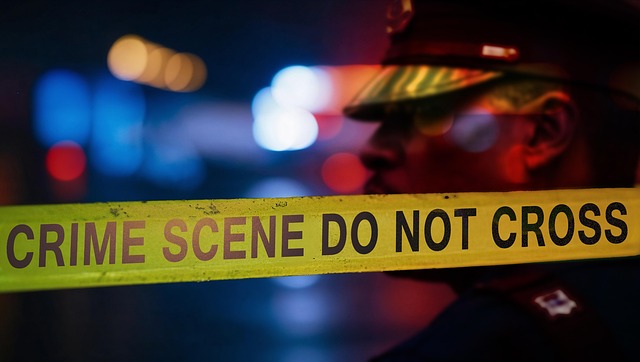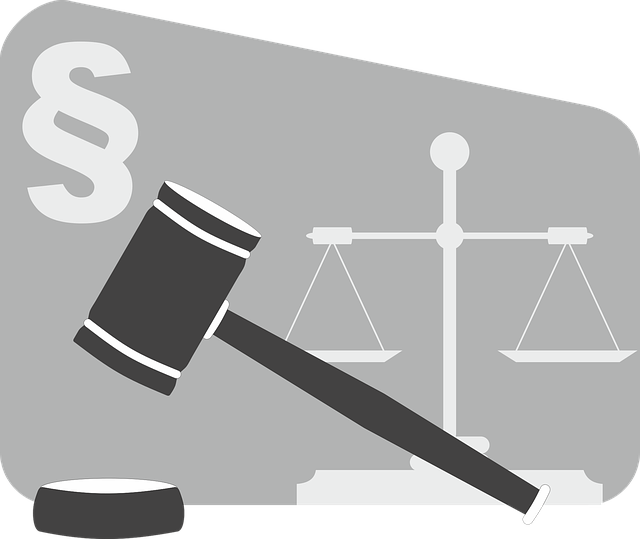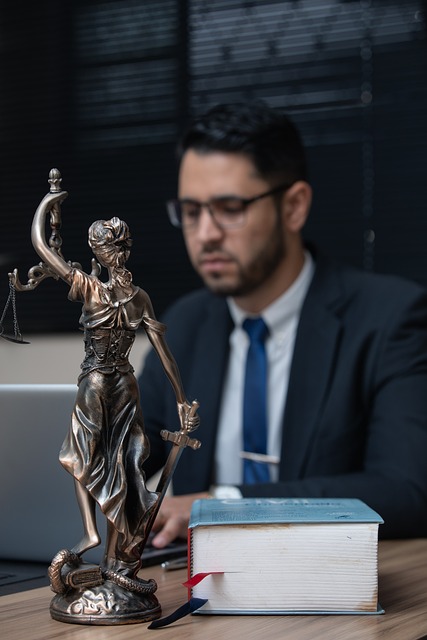Environmental crime trials are global justice mechanisms holding individuals and corporations accountable for ecological degradation, with far-reaching impacts on communities and ecosystems. Understanding these trials is vital for co-founders implementing conflict resolution strategies. By navigating legal protocols, fostering corporate responsibility, and emphasizing sustainable practices, founders can avoid indictment. These trials serve as powerful deterrents, influencing business operations and political decisions toward environmental conservation. International cooperation and specialized legal expertise are key to addressing transboundary crimes. Successful defenses involve challenging evidence and procedural flaws, aiming for restorative justice. Post-trial restoration and conflict resolution strategies, including ecosystem rehabilitation and community engagement, foster healing and better long-term conflict management outcomes.
Environmental Crime Trials: Unraveling Global Concerns and Driving Justice. In an era where ecological preservation is paramount, understanding and addressing environmental crimes have become international priorities. This article delves into the multifaceted realm of environmental trials, exploring their impact on communities and ecosystems worldwide. We dissect legal frameworks, international cooperation, and effective prosecution/defense strategies, while highlighting post-trial restoration initiatives that foster conflict resolution strategies for co-founders seeking sustainable solutions.
- Understanding Environmental Crime Trials: A Global Concern
- The Impact on Communities and Ecosystems
- Legal Frameworks and International Cooperation
- Strategies for Effective Prosecution and Defense
- Post-Trial Restoration and Conflict Resolution Initiatives
Understanding Environmental Crime Trials: A Global Concern

Environmental crime trials have emerged as a critical aspect of global justice, addressing the growing concern of ecological degradation and its far-reaching impacts on communities worldwide. These trials focus on holding individuals and corporations accountable for activities that violate environmental laws and regulations, ranging from pollution to habitat destruction. Understanding environmental crime trials is essential in the context of conflict resolution strategies for co-founders and businesses, as it highlights the legal frameworks necessary for promoting sustainable practices and mitigating potential liabilities.
The process involves all stages of the investigative and enforcement process, from initial reports and investigations to prosecution and, ultimately, jury trials. By ensuring thorough documentation and adherence to legal protocols, founders can navigate these complex cases while avoiding indictment. Effective conflict resolution strategies include proactive environmental due diligence, transparent reporting, and implementing robust internal controls to prevent violations, thereby fostering a culture of corporate responsibility and environmental stewardship.
The Impact on Communities and Ecosystems

Environmental crime trials play a pivotal role in addressing the devastating impact on both communities and ecosystems. When companies or individuals are found guilty of harmful practices such as pollution, habitat destruction, or illegal logging, it sends a powerful message throughout the industry. This not only deters future violations but also prompts the development and adoption of conflict resolution strategies for co-founders within respective businesses, encouraging them to prioritize sustainability and environmental stewardship.
The ripple effects are far-reaching; these trials can spark a change in behaviour within the philanthropic and political communities, fostering a culture that values long-term environmental conservation over short-term profits. With an unprecedented track record of successful prosecutions, it becomes clear that holding perpetrators accountable is not only legally justified but also essential for healing damaged ecosystems and ensuring justice for affected populations.
Legal Frameworks and International Cooperation

Legal frameworks play a pivotal role in addressing environmental crimes and ensuring justice. Many countries have enacted robust legislation to combat these issues, providing a solid foundation for prosecution. These laws often cover various aspects, from pollution control to habitat preservation, with stringent penalties for non-compliance. The complexity of environmental cases demands specialized legal expertise, and successful prosecutions rely on competent attorneys who understand the nuances of these regulations.
International cooperation is essential in tackling transboundary environmental crimes, where perpetrators may operate across borders. Effective conflict resolution strategies for co-founders include sharing intelligence, harmonizing laws, and establishing mutual legal assistance agreements. This collaboration enables nations to coordinate efforts, gather evidence, and ensure that high-stakes cases are handled consistently. By avoiding indictment and aiming for a complete dismissal of all charges, international cooperation can lead to more favorable outcomes, fostering a global effort to preserve the environment and deter future offenses.
Strategies for Effective Prosecution and Defense

Environmental crime trials demand a nuanced approach from both prosecutors and defenders, who must navigate complex legal landscapes to achieve justice. Successful prosecution relies on robust evidence gathering, expert witness testimony, and meticulous documentation of environmental harm. Strategic use of data and forensics can help prove intent and link defendants to illegal activities.
For defense attorneys, crafting effective conflict resolution strategies for co-founders or partners is crucial. This may involve negotiating plea bargains that prioritize community service or restoration efforts over strict financial penalties. Building strong defenses rests on challenging the prosecution’s evidence, exposing procedural irregularities, and arguing against exaggerated claims of environmental damage. An unprecedented track record in these cases can be achieved through a combination of legal acumen, scientific rigor, and a commitment to restorative justice.
Post-Trial Restoration and Conflict Resolution Initiatives

After a successful environmental crime trial, where the guilty parties are held accountable and receive appropriate sentences, the focus shifts to post-trial restoration and conflict resolution. This phase is crucial in fostering healing and reconciliation within affected communities. One effective approach for co-founders or key stakeholders involved in these cases is to adopt collaborative conflict resolution strategies. By engaging in open dialogue and mediation, they can facilitate agreements that go beyond legal obligations.
Implementing restorative practices allows for a more holistic resolution, addressing the environmental damage and its impact on local residents. These initiatives may include restoration projects aimed at rehabilitating affected ecosystems, coupled with community engagement programs to foster understanding and cooperation. Such efforts not only contribute to environmental recovery but also build bridges between stakeholders, potentially leading to better relationships and achieving extraordinary results in long-term conflict management across the country.
Environmental crime trials are not just legal processes, but powerful tools for justice and healing. By examining these cases through a global lens, we understand the far-reaching impact of environmental degradation on communities and ecosystems. The article has explored how international cooperation and robust legal frameworks are essential in combating these crimes. Effective prosecution and defense strategies, coupled with innovative post-trial restoration initiatives, can foster sustainable solutions and conflict resolution strategies for co-founders seeking to balance justice with reconciliation. Ultimately, these trials offer a path towards a greener, more harmonious future.






